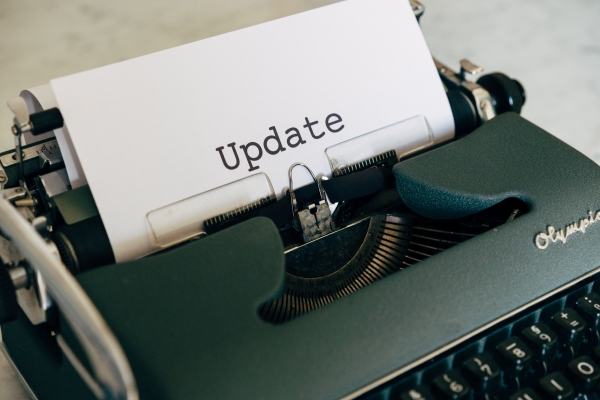Trying to get on the property ladder in the current climate has become increasingly difficult for first-time buyers as prices show no signs of dropping, and as rental costs begin to reach new heights, saving for a deposit is less of an accomplishable task. However, Skipton Building Society has launched a new zero-deposit mortgage to tackle this strain, the first of its kind for nearly 15 years. For those who can prove 12 months of complete and on time rental payments, this has now been made available as an alternative. The complete lowdown of this newly introduced opportunity is discussed in this week’s article.
Who is eligible?
This has been offered to tenants only, so you must be currently renting in the UK and able to provide proof that you have a minimum of a year’s worth of rental payments that are in full and submitted on the correct date. It is important to note that you must also be a first time buyer with good credit to qualify for this.
If you align with all the requirements, you may be able to take out a mortgage at between 95-100 percent of the value of a property up to £600,000.
What will be checked?
Likening to the rental process, affordability checks and credit checks will be conducted to ensure you meet the affordability requirements for the property.
When checking your affordability, it has been confirmed that Skipton will only request a maximum monthly mortgage payment at the level of your current rental amount. So, if you are currently renting at £700 per calendar month and having been doing so for the last six months, your mortgage payment can only be at a maximum of £700 also.

What should you be aware of?
The maximum mortgage term under this scheme is 35 years, and the zero deposit mortgage sits at a five year fixed rate product, with a rate of 5.49%. This is actually more expensive than the average of 5% for five years fixed.
Newly built or converted flats from the last three years will not be considered for a mortgage loan, so it is important to ensure that you due your due diligence to pick a property that will be approved by Skipton Building Society if you are to proceed with this.
As to be expected, you must be wary of risks that come with offers such as this, and negative equity happens to be the con to consider. Negative equity is when a property becomes worth less than the mortgage originally taken out on the property, which makes re-mortgaging or moving home, much more difficult. Saving a deposit for a mortgage means you will borrow less and be less likely to run into this problem.
You may also be quite limited in what you can have as your property of choice due to your income indicating just how much you can borrow, so it’s important not to jump into this thinking that you will be able to borrow amounts on the higher end if your income doesn’t correspond.
According to Skipton’s Chief Executive of Home Financing, Charlotte Harrison, stated that this has been “carefully created with the challenges generation rent is facing, in mind with the potential risks and challenges they may encounter in the future too”, so it’s important to make an independent decision, and not be swayed by opinion. The demand for this will be high among those eligible, so evaluate both sides of the coin, in a timely manner and make the decision that’s right for you and your circumstances.
Maya


 By
By 



Share this with
Email
Facebook
Messenger
Twitter
Pinterest
LinkedIn
Copy this link